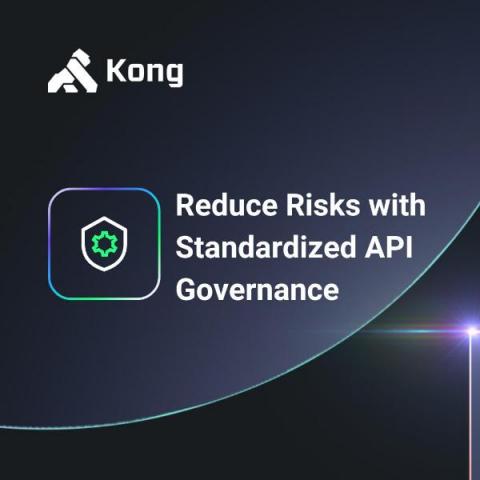Systems | Development | Analytics | API | Testing
%term
HBase Replication from On-prem to Cloud with Replication Manager
Assure Frictionless Digital Experiences of Medical Devices with Cigniti's Expertise
How to use Next.js and Recharts to build an information dashboard
One of the common methods that businesses and organizations use to make sense of their complex and scattered data is data visualization. Data visualizations provide a quick way to understand the masses of data collected - - providing easy access to insights needed to drive growth. A dashboard is a data visualization tool that is commonly found in enterprise web applications.
Reduce API Security Risks with Standardized Governance
APIs serve as the foundation for how software systems and services communicate and exchange data. But unmanaged and unsecured APIs can open up massive vulnerabilities that lead to disastrous security breaches and data leaks without proper governance. With API-related attacks increasing — and set to increase 996% by 2030 — unmanaged APIs are a very real security threat. How do you implement reliable API security without slowing down innovation or blowing up costs?
Implementing Instant Object Detection in Live Image Streams using TFLite in Flutter
In Flutter’s early days in 2019, I developed a live object detection system for a major German company, despite the platform’s constraints. With release of Flutter 3.7 and advancements of TensorFlow have catalyzed the need to refine or overhaul this approach. This article discusses the newest techniques in live-stream object detection as showcased in the flutter-tflite GitHub repository.
Leveraging RPA For Katalon To Improve Testing
Robotic process automation (RPA) is a software system automation approach that employs pre-programmed “bots” to automate manual tasks, typically through a user interface (UI). RPA tools are primarily used to automate business processes that once depended on human resources and were highly repetitive and operational in nature. Many of these business processes are rooted in legacy technology, which often acts as a bottleneck due to its outdated nature.
Will ChatGPT Save the Chatbot Industry? (Part I)
There's no denying that OpenAI's remarkable artificial intelligence applications (ChatGPT and DALL-E) have captured the zeitgeist and hurled the topic of Generative AI into every company boardroom. Conversations range from apocalyptic hand-wringing to blissful ignorance. I wonder if ChatGPT will single-handedly save the chatbot industry, or is this just another tech fad that will quickly wither and die?
Software Testing Jobs on 17th August | Automation Tester Vacancies | Curated Job Openings for QAs
Automating IFRS 17 Testing: Ensuring Compliance and Accuracy in the Insurance Industry
IFRS 17, an International Financial Reporting Standard promulgated by the International Accounting Standards Board, supersedes IFRS 4 regarding insurance contract accounting. Its effective date is January 1, 2023. IFRS 17 introduces a comprehensive revamp of the treatment of insurance contracts, entailing novel prerequisites for data, systems, and procedures that impact various departments within the organization, such as Investment, Actuarial, Accounting, Finance, and IT.











